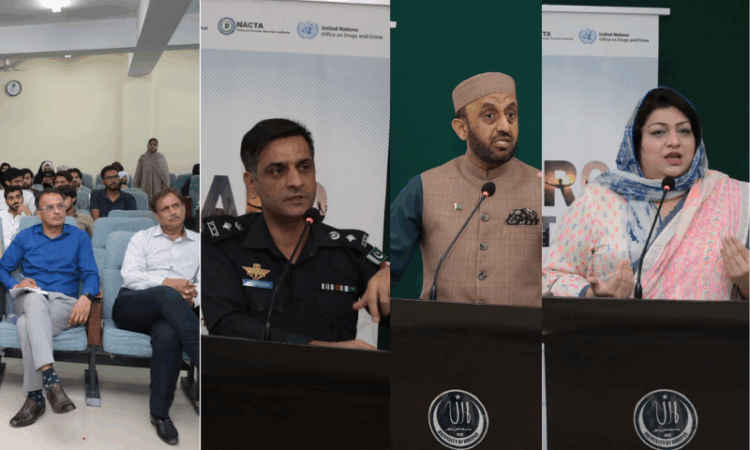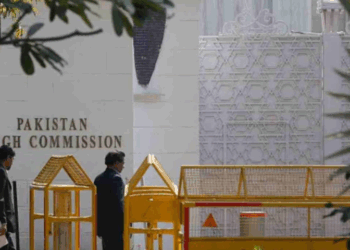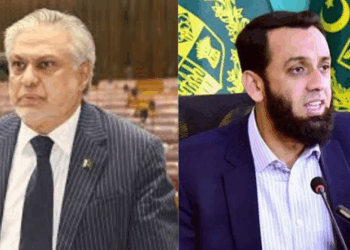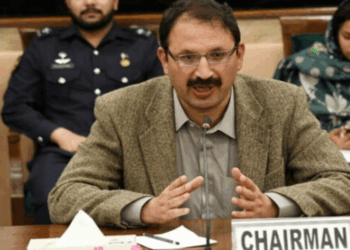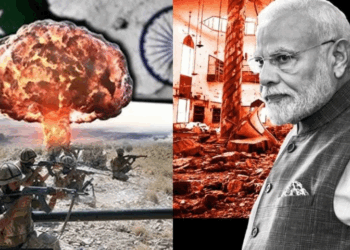Haripur, May 13, 2025: In a dynamic effort to empower young people as agents of peace and resilience, Accountability Lab Pakistan, under its flagship initiative “Farq Parhta Hai” and with support from the European Union, hosted a high-impact panel discussion at the University of Haripur on Tuesday. The initiative is implemented in collaboration with the United Nations Office on Drugs and Crime (UNODC) and the National Counter Terrorism Authority (NACTA).
The event, titled “Strengthening Leadership and Resilience in Preventing Conflict and Promoting Peace,” brought together academics, policymakers, civil society leaders, and law enforcement to discuss how youth can mitigate conflict and foster inclusive, peaceful communities.
Dr. Shaista Jadoon, Member of the National Assembly, led the distinguished panel, stressing the vital role of institutional policymaking in achieving sustainable peace. “Empowering young people, especially young women, through effective policies and inclusive governance is key to long-term development and harmony,” she said.
Dr. Waseem Ahmad, Assistant Director ORIC, welcomed participants and emphasized the university’s commitment to fostering empathy, civic engagement, and peacebuilding skills among students.
Moderated by Syed Raza Ali, Program Manager at Accountability Lab Pakistan, the panel included:
- Dr. Abdul Muhaiman, Head of Islamic & Religious Studies, who called for inclusive religious education to counter divisive narratives and promote societal harmony.
- Prof. Dr. Abid Fareed, Pro Vice Chancellor, who advocated for integrating AI and IT training with soft skills such as communication and leadership to prepare youth for a fast-changing world.
- Hassan Nisar, CEO of Metrix Pakistan, highlighted how digital innovation can strengthen youth-led peacebuilding and foster inclusion in online spaces.
- Farhan Khan, District Police Officer, Haripur, emphasized the power of community policing and trust-building between youth and public institutions to resolve conflicts at the grassroots level.
Reflecting on the broader vision, Syed Raza Ali noted that Farq Parhta Hai is “more than a program — it’s a movement to reclaim civic spaces for young leaders across Pakistan.” He stressed that youth-driven dialogues like these are essential for transforming ideas into tangible actions that advance peace and tolerance.
The Farq Parhta Hai initiative continues to engage students nationwide through university dialogues, training sessions, digital campaigns, and community-led efforts, aiming to amplify youth voices and build a culture of inclusivity, tolerance, and resilience.

